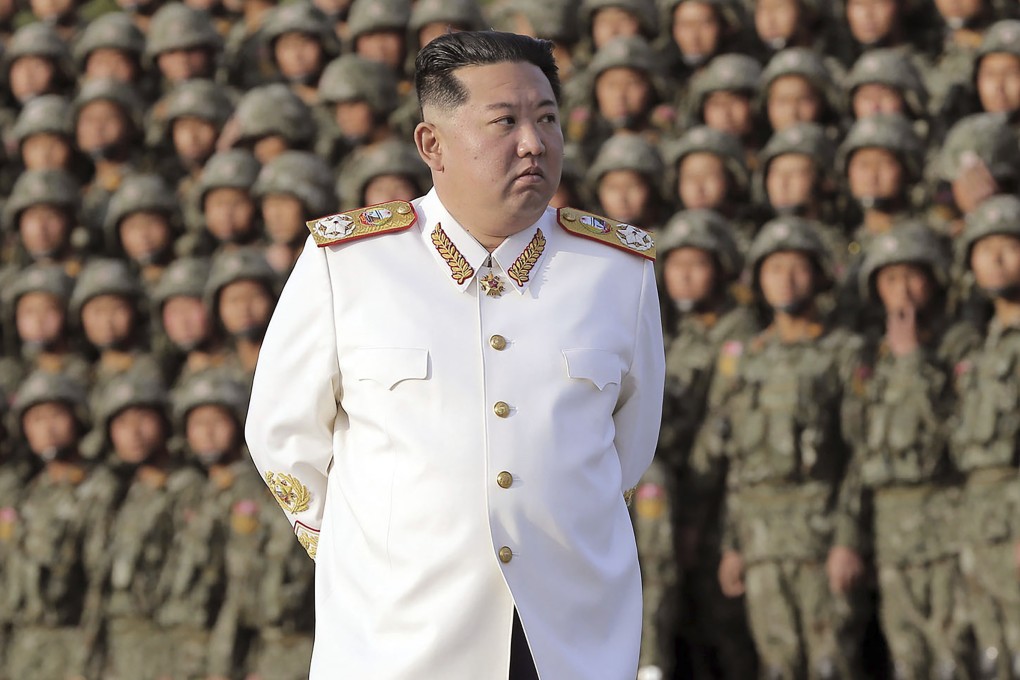North Korea ‘on the path of self-destruction’ if it uses nuclear weapons, Seoul warns
- Seoul’s Defence Ministry warned the North that it would face an ‘overwhelming response’ from US and South Korea if it attempted to use nuclear weapons
- Pyongyang last week passed a law allowing it to use such weapons if its leadership faces attack or to prevent an unspecified ‘catastrophic crisis’

South Korea’s Defence Ministry said the legislation would only deepen North Korea’s isolation and prompt Seoul and Washington to “further strengthen their deterrence and reaction capacities”.
To get North Korea not to use its nuclear weapons, the ministry said South Korea will sharply boost its own pre-emptive attack, missile defence and massive retaliation capacities while seeking a greater US security commitment to defend its ally South Korea with all available capabilities, including nuclear one.
“We warn that the North Korean government would face the overwhelming response by the South Korea-US military alliance and go on the path of self-destruction, if it attempts to use nuclear weapons,” Moon Hong-sik, an acting ministry spokesman, told reporters.
Last week, North Korea’s rubber-stamp parliament adopted the legislation on the governing rules of its nuclear arsenal. The legislation would allow North Korea to use its nuclear weapons if its leadership faces an imminent attack or if it aims to prevent an unspecified “catastrophic crisis” to its people.
The loose wording raised concerns the rules are largely meant as a legal basis to use its nuclear weapons pre-emptively to intimidate its rivals into making concessions amid long-stalled diplomacy on its weapons arsenal.
